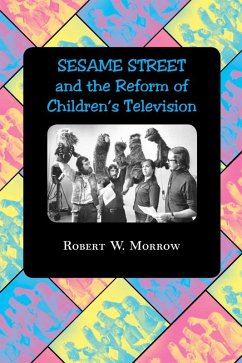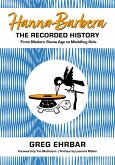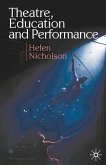"[An] accessible, well-researched introduction to the people and principles behind the show's creation... Essential." -Choice (An Outstanding Academic Title of the Year) By the late 1960s more than a few critics of American culture groused about the condition of television programming and, in particular, the quality and content of television shows for children. In the eyes of the reform-minded, commercial television crassly exploited young viewers; its violence and tastelessness served no higher purpose than the bottom line. The Children's Television Workshop (CTW)-and its fresh approach to writing and producing programs for kids-emerged from this growing concern.Sesame Street-CTW's flagship hour-long show-aimed to demonstrate how television could help all preschoolers, including low-income urban children, prepare for first grade. In this engaging study Robert W. Morrow explores the origins and inner workings of CTW, how the workshop in New York scripted and designedSesame Street,and how the show became both a model for network television and a thorn in its side. Through extensive archival research and a systematic study of sample programs fromSesame Street's first ten seasons, Morrow tells the story ofSesame Street's creation; the ideas, techniques, organization, and funding behind it; its place in public discourse; and its ultimate and unfortunate failure as an agent of commercial television reform. "An insightful look at American children's television." -Library Journal
Dieser Download kann aus rechtlichen Gründen nur mit Rechnungsadresse in A, B, BG, CY, CZ, D, DK, EW, E, FIN, F, GR, HR, H, IRL, I, LT, L, LR, M, NL, PL, P, R, S, SLO, SK ausgeliefert werden.









